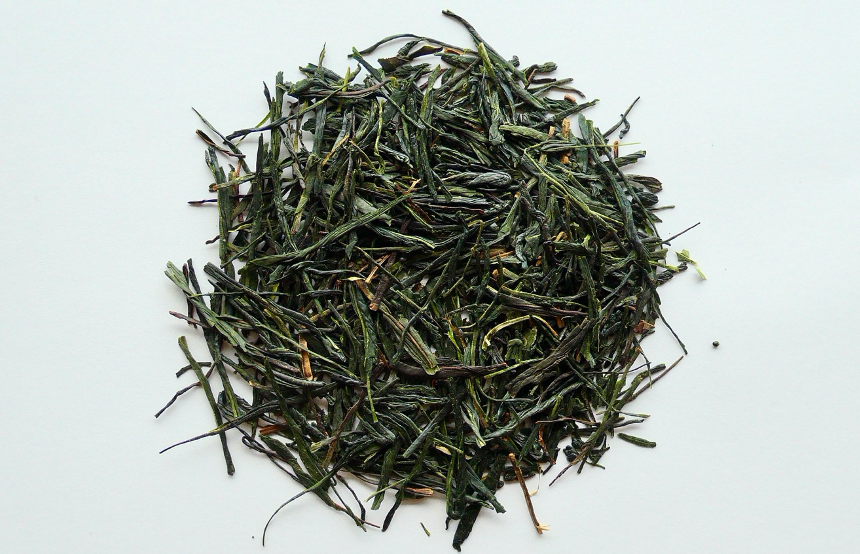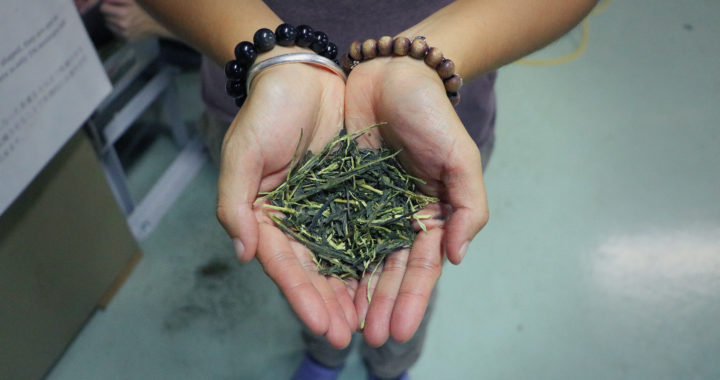
Today’s topic is about tea storage!
I love tea, but always the flavours decrease before I finish it. I receive high-quality tea as a gifts, but I tend to hesitate to open it because I don’t want the tea taste to become stale before I finish it.
You may have felt the same before. I also really like tea and buy a lot of teas, but I used to feel bad because I couldn’t keep the tea fresh before I finished it. Sometimes I have even hesitated to buy tea because I didn’t want to see that tea tastes get bad while I am still hoping to enjoy a cup of the delicious tea.
So today I would like to share some tips for tea storage for everyone so that you can buy as much tea as you want, and keep it delicious until the end.
*This time I will introduce some storage tips especially for Japanese green tea!
First of all, it is important to know what weaknesses tea has in order to keep it fresh and last longer. There are five major things that accelerate the deterioration of tea: oxygen, heat, light, moisture and food smell.
1 Oxygen
Tea hates oxygen! If left in the presence of oxygen, the catechins, vitamin C and chlorophyll in the tea leaves will be oxidized. As a result, the tea leaves, which were beautiful green, turned red when brewed, and the flavor deteriorated.
2 Heat
Tea also doesn’t like heat! At high temperatures, the oxidation of tea leaves is very easily promoted. Oxidation is a major factor that deteriorates the quality of tea, so it is important to make the environment difficult to oxidize.
3 Light
Light is also a natural enemy of tea! When exposed to direct sunlight, UV rays accelerate the decomposition of chlorophyll, which causes the fading of tea leaves.
4 Humidity
And moisture is a big big big enemy! In a humid environment, not only will the tea leaves become damp, but the water content in the tea leaves will also increase, making them susceptible to rapid oxidation.
5 Food smell
Many people are aware that one of the benefits of tea has a deodorizing effect. Having a deodorizing effect is because tea leaves tend to absorb odors. Therefore, if stored with other foods, the odors and aroma will be transferred, and the original aroma of tea leaves will be greatly impaired.
The above are the main factors that accelerate the deterioration of tea. In other words, deterioration of tea can be prevented if there is an environment that can avoid these factors!
In the perfect world, if the tea package is filled with nitrogen, tightly sealed, and stored in the freezer which has only tea in it, it can be preserved for a long time with its quality maintained!
However, it is extremely difficult to prepare such equipment at home, and it is only an ideal story, so today I would like to introduce home storing tea tips!
For unopened tea
If it is left unopened and you do not plan to drink it for a while (more than one year), store it in the freezer. Then move it to the refrigerator the day before you plan to drink. Then, take it out of the refrigerator, bring it to room temperature for several hours up to half a day, and then open the bag.
What you need to be aware of is temperature change and non tea aromas!!! Tea dislikes sudden temperature changes. If water drops caused by temperature change attach to tea leaves, oxidation will proceed rapidly, so be sure to gradually adjust the temperature in the order of freezer → refrigerator → room temperature before opening the package.
In addition, to prevent the smell of other foods from adsorbing to the tea, put the tea package in a zip-lock bag, and then put it in a tupper ware to make some layers to preserve the tea when storing in a refrigerator. (It’s best if there is a refrigerator for only tea, because there is no worry of food smell…)
After opening, it is best to store it in a cool and dark place such as a cupboard or a refrigerator and drink it early (within 2 weeks to 1 month), but if you want to store it for a long time again, take out as much air as possible from the package (ideally filled with nitrogen), then you can also store it in the freezer as it is if it is a zip-lock bag, and if it is a normal bag, put the bag in a zip-lock bag then store it in.
In the case of opened tea
If you have already opened the tea, put it in a highly airtight container (tea tins (recommended), storage bottle, zip-lock bag, etc.) and store it in a cupboard where cool and dark that avoids high temperature and humidity.
During the rainy season in Japan, it is hot and humid even in a cupboard, so I personally recommend storing it in a refrigerator. However, as before, be careful of the smell and temperature change!
In the case of tea whose flavor has deteriorated
At home, I think there is situations like… I can’t finish the tea and it got old or the flavor has fallen while storing it, but I don’t want to throw it away. If that’s the case, don’t worry! You can still save it!
One solution would be putting aluminium foil or paper on a frying pan (to prevent the smell of oil or food from transferring), and fry the old tea on low heat until the roasted aroma comes out and there you go! You got home-made Hojicha!! Hojicha can be stored at room temperature! However, freshly roasted aroma is the strongest and gradually becomes thinner, so to enjoy the fragrant roasted aroma, you should drink it as soon as possible or roast it little by little!
Alternatively, I think it would be really interesting to add plenty of roasted brown rice to make an original homemade Genmaicha !
When you brew Hojicha or Genmaicha, use a boiling water that brings strong aroma of the teas out so you can enjoy a delicious cup of teas.
Thank you very much for reading and I hope you enjoy it and get some tips to enjoy Japanese tea at home more!

